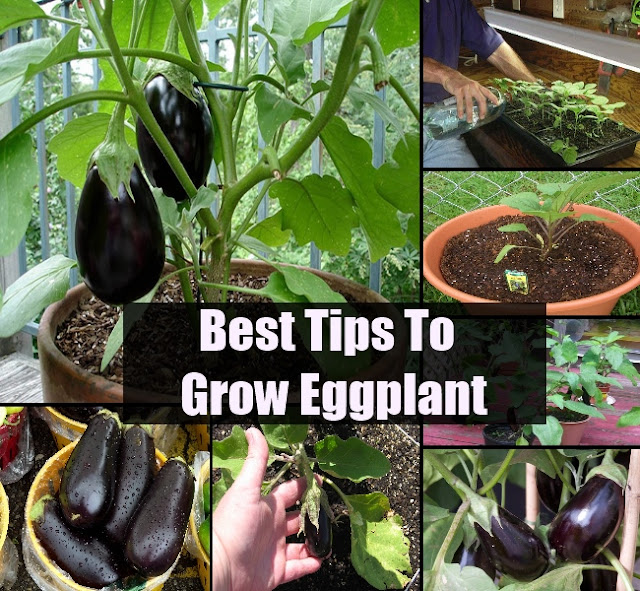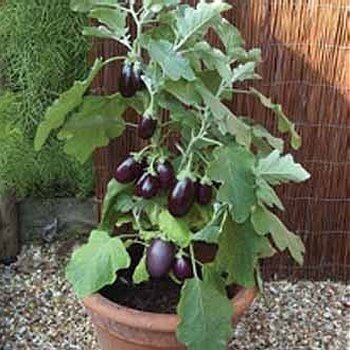

Our eggplant is an outstanding performer which provides top fruit quality even under difficult growing conditions.
#Eggplant seedlings skin
Fruit are large, elongated and oval, 400-550g in size, dark black with shiny skin and a spineless calyx. Once your eggplants have the correct growing conditions, including moist, nutrient-rich soil, temperatures of 70☏ (21☌) to 85☏ (29☌), and companion plants that repel pests, your garden should produce plenty of tender, well-formed eggplants. Our eggplant seedlings are vigorous with an open habit, but good leaf coverage. You can also use a paintbrush to aid in pollination. This is a process of placing the eggplant seedlings into progressively larger pots until the temperature is good enough for the plant to go outdoors. If you’re eggplants aren’t growing, you can help pollinate the flowers by tapping on the plants to spread the pollen. Bees and wind help the flowers to transfer the pollen from the male to the female. PollinationĮvery eggplant flower has male and female organs that self-pollinate to produce the fruit.
#Eggplant seedlings full
If your garden doesn’t provide full sun, consider planting eggplant in containers that you can move into sunny areas. Lack of sunlight causes stunted growth in eggplants. Cool weather also stunts the growth of eggplants. On the other hand, if the temperature is too cool for your eggplants, usually below 65☏ (18☌), the flowers will fall off, and you won’t get any fruit. If this is the case, water your eggplants regularly, making sure the water reaches deep into the soil. Plant growth also stops due to extreme heat. If the temperature rises above 90☏ (32☌), the leaves on your eggplants could roll downward. Spread compost or manure in your garden to add nutrients to the soil. If your soil lacks any of these conditions, your eggplants will grow foliage, but not bear any fruit. Frequent weeding and planting companion plants that repel flea beetles helps solve this problem.Įggplants need well-drained soil, rich in nitrogen and phosphorous for optimal growth. This damage prevents eggplant seedlings from growing. Flea beetles chew the eggplant leaves, causing tiny, shotgun holes.

Spraying the foliage with an organic insecticidal soap can help eliminate the flies.

Grubs and cutworms chew off seedlings at ground level. Many garden pests love to munch on eggplants, causing various growth problems. Depending on the symptoms, you can use effective remedies to solve the problems of your eggplants growth. In order to help your eggplants start growing again, you have to figure out the problem.


 0 kommentar(er)
0 kommentar(er)
